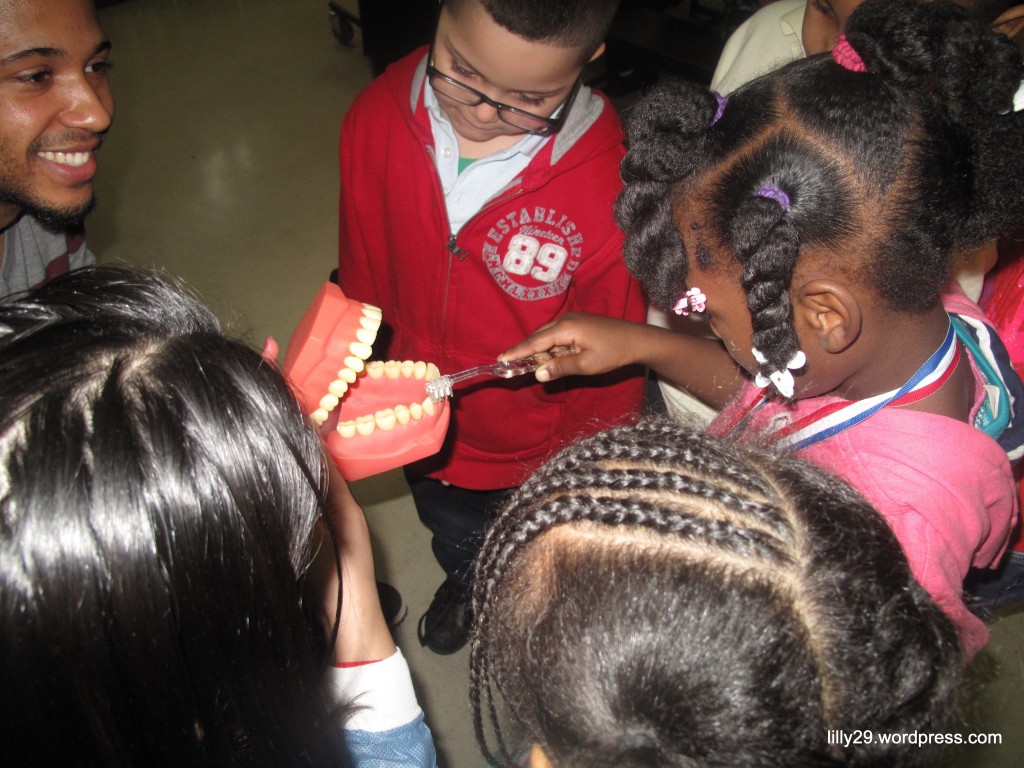 Editor’s Note: Every Wednesday, Breaking Bronx features a health-related story, event or tidbit as part of an online expansion of our Be Healthy! column.
Editor’s Note: Every Wednesday, Breaking Bronx features a health-related story, event or tidbit as part of an online expansion of our Be Healthy! column.
Tips for a Better Night’s Sleep: Q&A with Sleep Expert Dr. Steven Park
March 5 to 11 is National Sleep Awareness Week, an annual public education and awareness campaign sponsored by the National Sleep Foundation, to promote the importance of sleep on your health and well-being. To get some expert advice on the topic, Be Healthy! recently chatted with Dr. Steven Y. Park, an otorhinolaryngolist (an ear, nose and thoat specialist) and integrative sleep surgeon at Montefiore Medical Center.
What are some of the negative health effects associated with poor sleep?
Not sleeping enough significantly increases your risk of gaining weight, of diabetes, cancer, and of death in general. Lack of quality sleep causes you to crave fatty, carbohydrate-rich foods, and also affects your metabolism. When it comes to transportation worker, or really anyone who operates heavy machinery or drives a car, not sleeping well can cause accidents and poor judgment. It’s a huge problem, and huge burden on society.
What are the most common sleep disorders you see in patients?
There are many different kinds of sleep problems. There’s not sleeping long enough—we recommend 7 or 8 hours. Then there’s insomnia, when people just can’t sleep at all, no matter what they do. Then there’s sleep apnea, a major condition that’s undiagnosed in 90 percent of people who have it.
What exactly is sleep apnea?
Sleep apnea is when you literally stop breathing at multiple times throughout the night for ten seconds or longer. You might not remember having any of these episodes — more commonly, bed partners are the ones that notice it — but it totally disrupts your sleep.
How is sleep apnea treated?
Losing weight is commonly recommended. There are CPAP, or Continuous Positive Airway Pressure, products, which keep your airways open while you’re sleeping. A lot of people will use a little mask that gets stuck to your head. The last option is surgery, after you’ve tried everything else.
What do you recommend for people who have trouble falling or staying asleep?
People try these over the counter remedies, herbal supplements, warm milk and chamomile tea. That works to various degrees for some people, but not for all people. We recommend cognitive behavioral therapy. These are behaviors and therapeutic techniques, sleep hygiene, like not eating or drinking before you go to bed, avoiding watching TV or anything stimulating, not staying in bed for more than 20 or 30 minutes if you can’t fall asleep. Only use the bed for sleep or sex. This works better than most prescription pills.
You always hear stories about the dangerous side effects of sleeping pills and sleep aids like Ambien. Do you recommend patients use these?
All medicines have side effects. Everybody wants a pill that they can take — Ambien, valium, anxiety medications melatonin-like medications — all these medicines, they do help, but it doesn’t really cure the problem. It just covers it up. If you continue to engage in these unhealthy sleep habits, the effects of a pill can wear off.
What sleep advice do you find yourself giving the most often?
We just take sleep for granted. That’s the first thing that gets sacrificed when we’re busy with other things. You have to continuously be vigilant about it. I always tell my patients to think of it as your most important appointment of the day. You wouldn’t stand yourself up, would you?
Teeth Teachers

Children at the Mary Mitchell Family and Youth Center, in Crotona, recently got a lesson on dental care and proper tooth-brushing from staff at the Amarilis Jacobo Dental Office. (Photo by Lystria Hurley)
Ask Be Healthly! Send Us Your Health Questions.
Got a pressing health, fitness, or nutrition question on your mind? Send them our way! We’re ready to tackle your queries about food, sex, illness, health insurance, prescription medications–any health-related topics that puzzle or interest you.
We’ll answer your question in a Q&A feature appearing in the Norwood News‘ Be Healthy! column. If we don’t know, we’ll ask the experts. You can sign your name or send it anonymously.
Send your queries to: norwoodnews@norwoodnews.org.
Here’s a link to the first installment of Ask Be Healthy!





I had heartburn my whole life. About ten years ago i started getting acid reflux at night. Woke up couldn’t breath nasty taste. You can get a sample from “Get Official Samples” online.